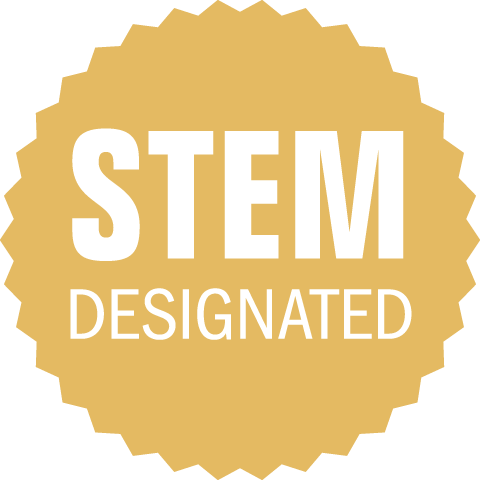

We are excited to share with you that the B.S. in Electrical Engineering has merged with the B.S. in Computer Engineering into an exciting B.S. in Electrical & Computer Engineering (ECE) degree. Click here for information on our new program. Transfer students are still being accepted into the B.S. in Electrical Engineering program provided they are accepted into the program and begin study in Spring 2024 or sooner.
Consider where we would be without power plants, televisions, cell phones, and biomedical devices. Consider all the progress still to come in the fields of fiber optics, computers, and robots. The real-world implications of advances in electrical engineering are immense, and the possibilities are endless.
As an electrical engineering major at the University of New Haven, you will study the behavior of electrons in three areas — electricity, electronics, and electromagnetism — as you learn to design, develop, and oversee the operation of electrical and electronic systems.
Our faculty are leaders and innovators in their fields, bringing both deep professional experience and academic rigor to the classroom.
The information below is designed to show the many possible careers you could pursue with your major. The research is provided by Encoura, the leading research and advisory firm focused exclusively on higher education. It includes median national salaries and industry growth projections over the next decade. Click here to view the full report.
Solutions Engineer
10% Growth 2017-2027
Engineer Manager
5% Growth 2017-2027
Programmer Analyst
20% Growth 2017-2027
The elements of probability theory. Continuous and discrete random variables. Characteristic functions and central limit theorem. Stationary random processes, auto correlation, cross correlation. Power density spectrum of a stationary random process. Systems analysis with random signals.
Switch-mode power electronics, switch-mode DC power supplies, switch-mode converters for DC and AC motor drives, wind/photovoltaic inverters, interfacing power electronics equipment with utility system, power semiconductor drives, magnetic design, electro-magnetic interference (EMI).
Characteristics of instruction set architecture and microarchitecture; RISC and CISC ISA design; cache and memory hierarchy; physical and virtual memory; pipelining; branch prediction; out-of-order execution,; superscalar; project work in behavioral-level microarchitecture.
The fundamentals of lightwave technology, optical fibers, LEDs and lasers, signal degradation in optical fibers. Photodetectors, power launching and coupling, connectors and splicing techniques. Transmission link analysis. This course will include selected laboratory experiments.
The University of New Haven offers a wide variety of in-depth courses that create a transformational educational experience for our students. To view the complete list of courses you'll take while pursuing a Bachelor of Science in Electrical Engineering, check out the Academic Catalog:
Learn about earning college credit through Project Lead the Way.
Get an inside look at what differentiates the University of New Haven and how your experiences as a student will prepare you for success.




All University of New Haven students have access to the many resources available through the University’s Career Development Center, which has been named one of the best in the nation by The Princeton Review.
From career assessments, networking, and job shadowing to on-campus interviews and salary negotiation, the Career Development Center provides the skills and connections to identify a meaningful career and an opportunity to pursue your passion.
Learn More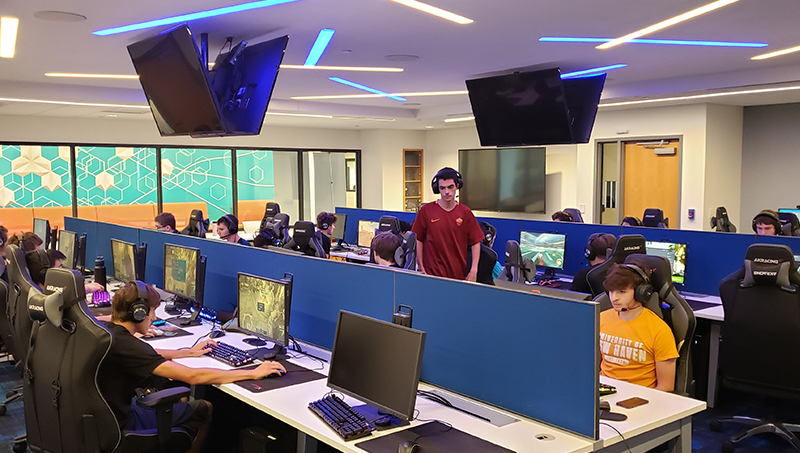
The Charger Blog
Known as “soccer with cars,” Rocket League is a wildly competitive esport that the University’s team members say takes hours and hours to master, combining split second decision making with deft mechanics and a true sense of collaboration among teammates.
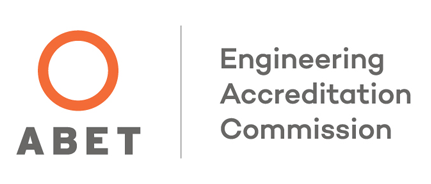
The B.S. program in Electrical Engineering is accredited by the Engineering Accreditation Commission of ABET, https://www.abet.org, under the commission’s General Criteria and Program Criteria for Electrical, Computer, Communications, Telecommunication(s) and Similarly Named Engineering Programs.
Electrical Engineering Program Objectives and Outcomes
Enrollment and Graduation Data for the Tagliatela College of Engineering
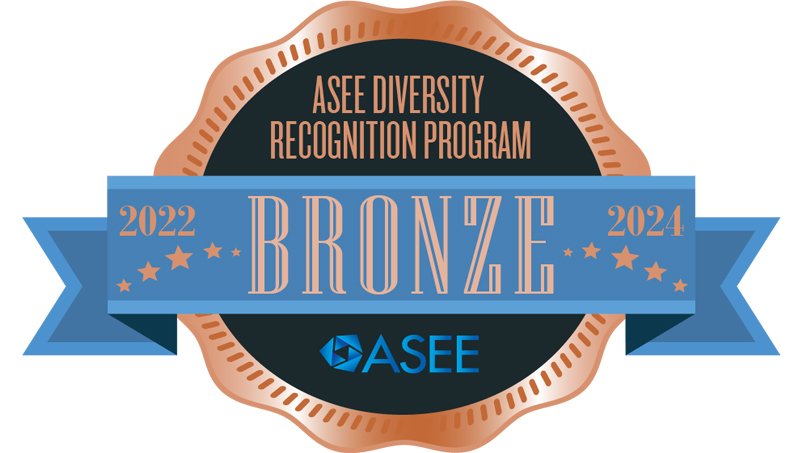
For its diversity, equity and inclusion efforts the Tagliatela College of Engineering has been recognized at the Bronze Level by the American Society of Engineering Education's Diversity Recognition Program.
Learn More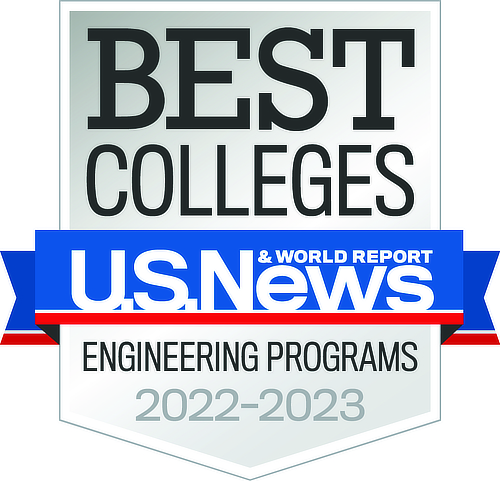
The University’s Tagliatela College of Engineering is again rated in the top third in its category (institutions that do not offer a doctorate in engineering).
Learn More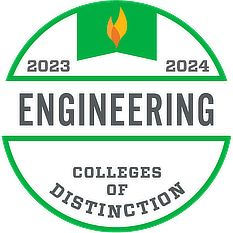
The University of New Haven was named a "College of Distinction" by Colleges of Distinction, a national online higher education guide that assesses colleges for its engaged students, great teaching, and vibrant campus communities. The Universitys engineering programs received special distinction for its internships and opportunities for real-world experience.
Learn MoreWhether you're still in high school or are transferring from another college, we offer full- and part-time opportunities for undergraduates from inside the U.S. and abroad. The admission process can begin as early as the end of your high school junior year.
The Application Process
We offer a comprehensive financial aid program, with students receiving assistance in the form of grants, scholarships, student loans, and part-time employment. Funds are available from federal and state governments, private sponsors, and from university resources. More than 85 percent of the University's full-time undergraduate students receive some form of financial assistance.
Learn More
In the University’s B.S. Electrical Engineering program students can start the path towards becoming a Professional Engineer (PE).
Click the link below for contact information on State licensure boards.
Click here for more information on Licensure & Professional Certification Disclosures.